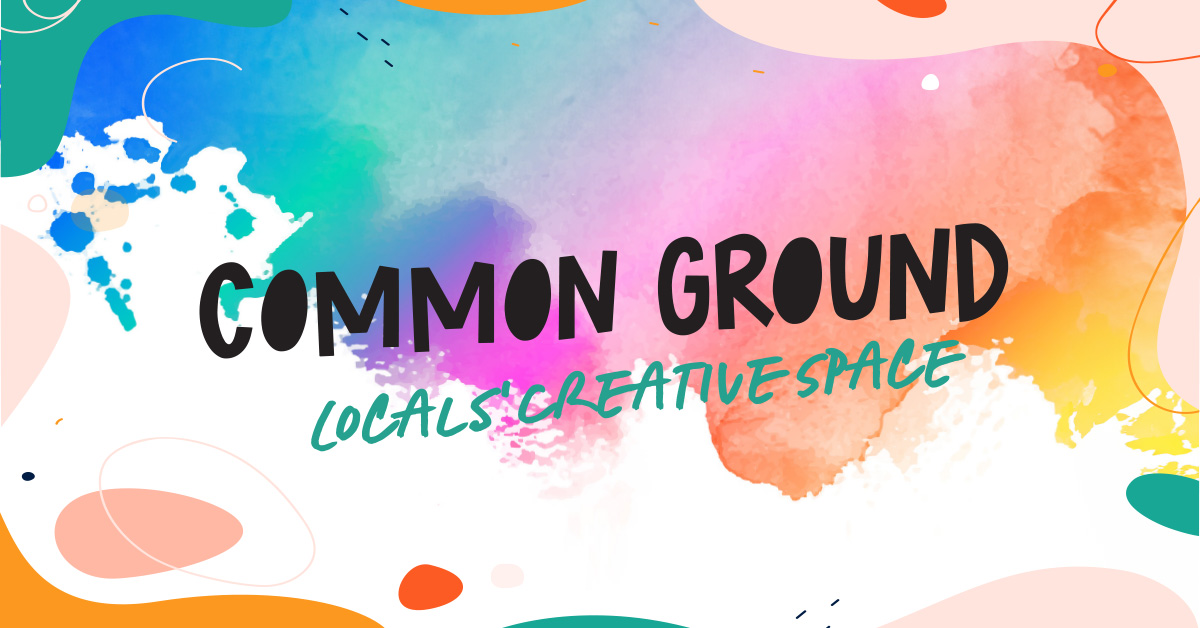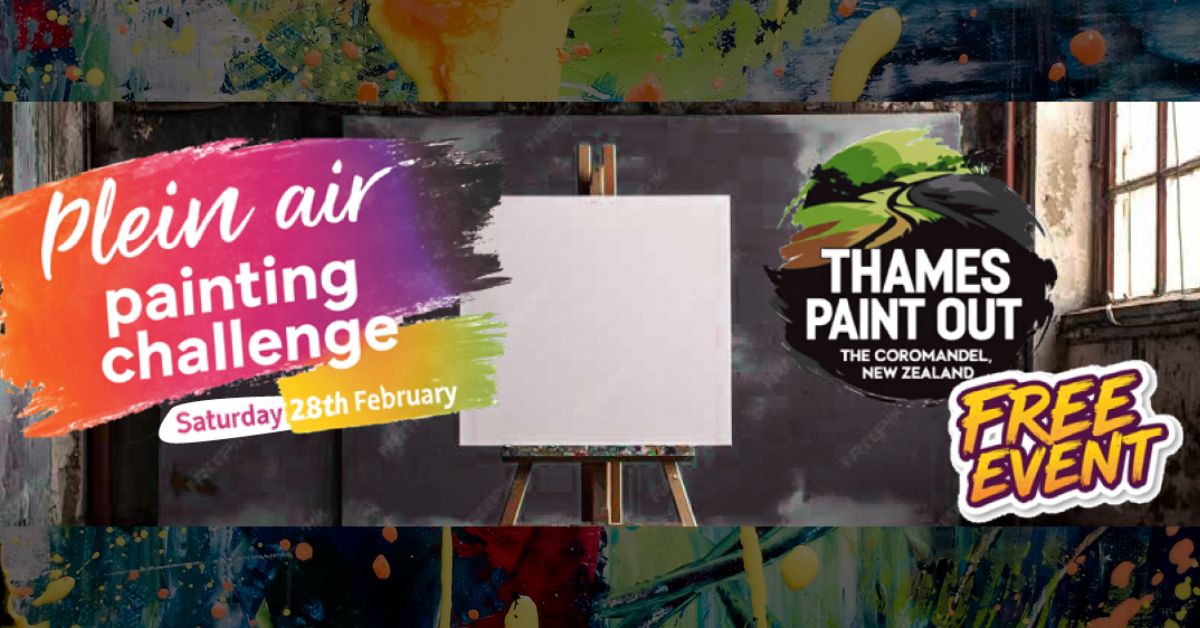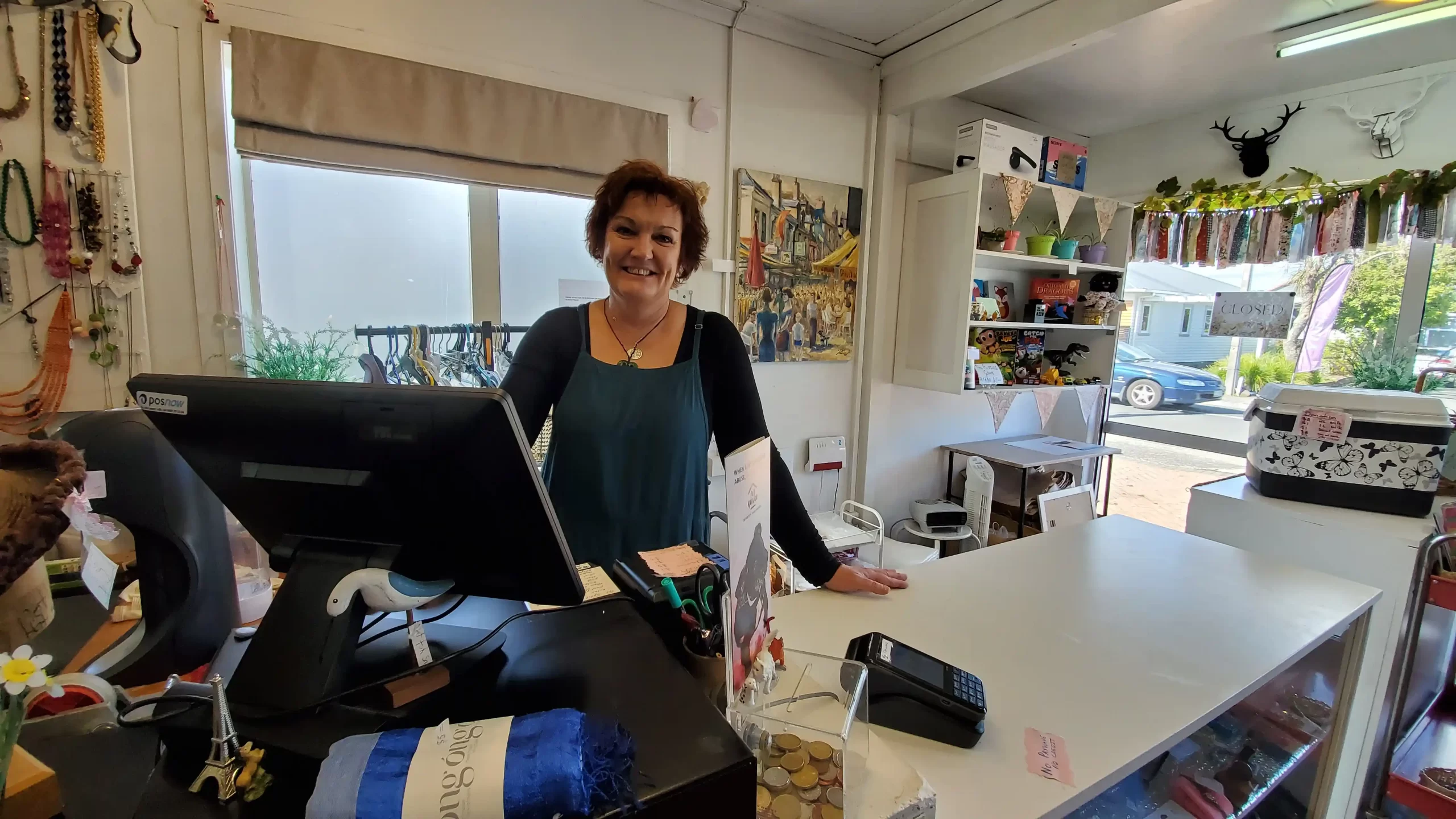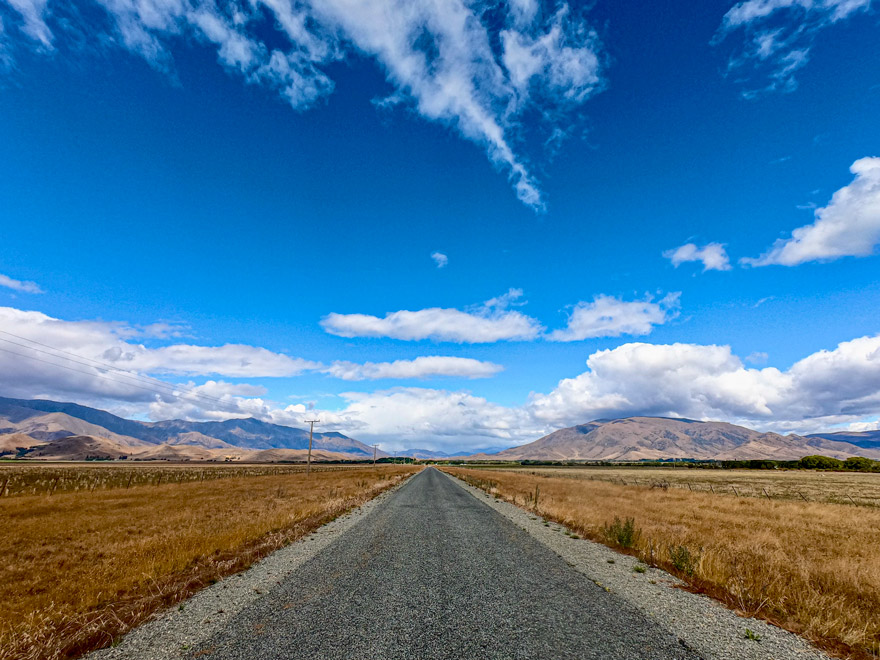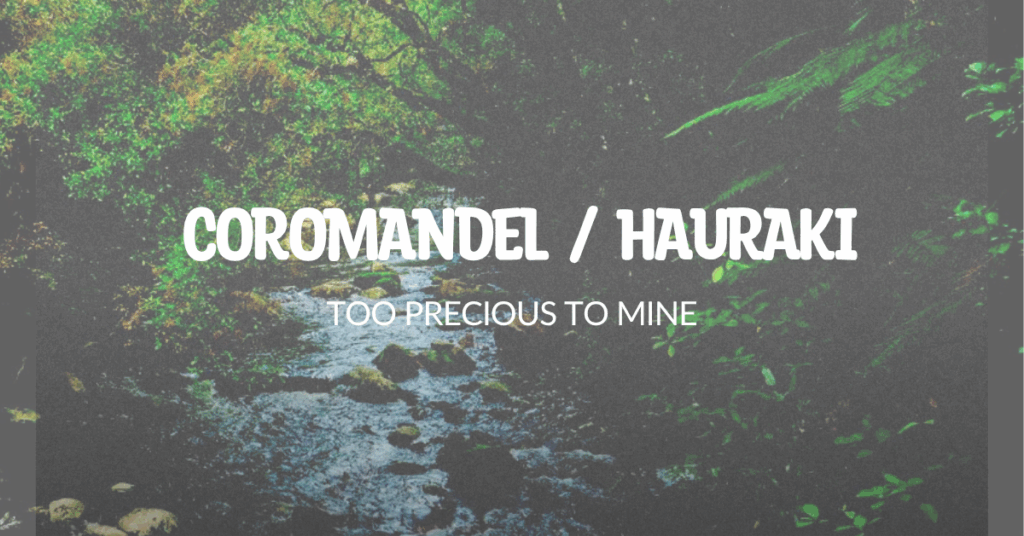
Gold prices are high, and big companies are coming to our area planning to extract it. They aim to mine in and under the forests and mountains – and, as seen in Waihī, even beneath our homes.
Most locals want to protect freshwater, forests, and communities long-term, not be left with a legacy of toxic waste. While we have protected areas north of Kopu/Hikuai from open cast mining with the Schedule 4 (open cast mining ban) for the past 20 years, mining companies now propose another pit at Waihī and mining under homes and a new mine in conservation land.
UNDERGROUND MINING – THREATS AND RISKS:
Environmental
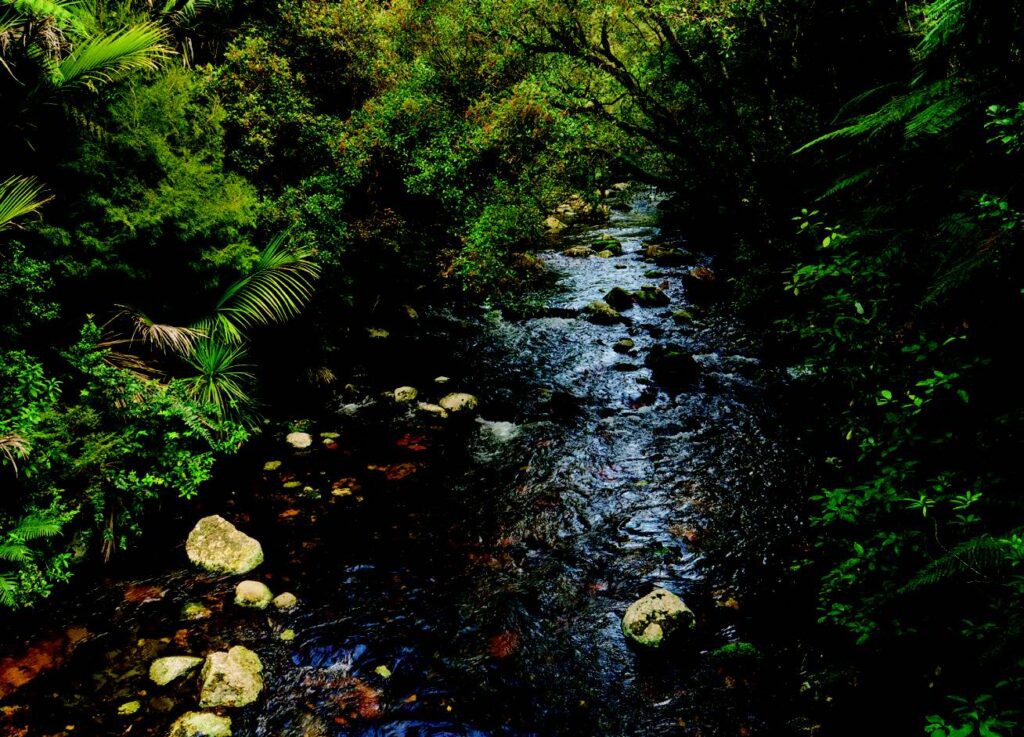
- Toxic legacy – Heavy metals from gold extraction remain toxic for generations in huge earth dams behind Waihī.
- Blasting under homes – Underground blasting causes land subsidence and disturbs endangered Pepeketua (Archey’s Frogs).
- Water depletion – Underground mining requires “dewatering” tunnels, affecting aquifers and surface water. Heavy metal leachate threatens future water supplies.
- Tourism impact – People come to experience the environment, not mining degradation.
- Historical contamination – Communities will pay for cleanup. We already have 100+ years of polluted mine waste. The Ōhinemuri River turned orange from heavy metals, with arsenic affecting watercress and tuna.
Economic risks and threats from mining
- Minimal Returns – 2% royalty and many tax breaks make it economically insignificant even if royalties increased.
- Jobs – for how long? – Mining isn’t sustainable and automation could replace miners.
- Offshore profits – Billions in gold went offshore. Despite decades of mining, Waihī faces deprivation and toxic risks.
- Environmental economy – The environment IS the economy – you cannot buy it back!
Fast-track law, RMA changes and our right to be heard
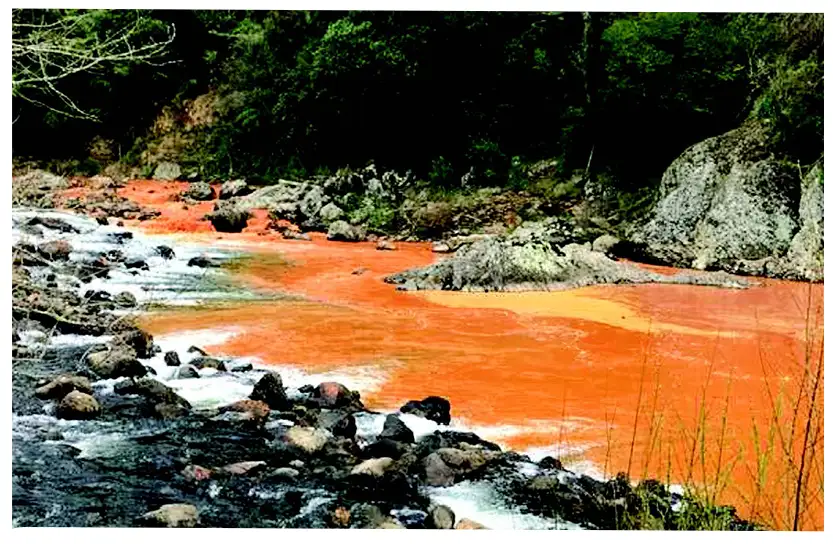
The Government changed the law so companies can Fast-track mining, overriding other laws. OceanaGold applied to Fast-track the Waihī North Project meaning only ‘expert panels’ and Ministers decide.
There will be limited iwi input and no public consultation. Our concerns and local knowledge will be excluded.
Proposed RMA changes will also exclude hapū, iwi and limit public participation.
Who are the mining companies?
OceanaGold, RuaGold, Mineralogy, New Talisman Gold, Zealandia and Otagold are foreign-owned miners (mainly Canadian/Australian) focused on shareholder profit. Some cause serious overseas damage while promising offsets like pest control, yet use fossil fuels to blast under homes of at-risk species and communities.
About Coromandel Watchdog of Hauraki
Our group has protected the area from gold mining damage for 45+ years. We support local groups from Kūaotunu, Coromandel, Whenūakite, Karangāhake, Whangamatā, Thames Coast, Thames, Pāeroa and beyond. We are local people with positive vision.
We support mining e-waste to reuse gold and minerals instead of digging up land.
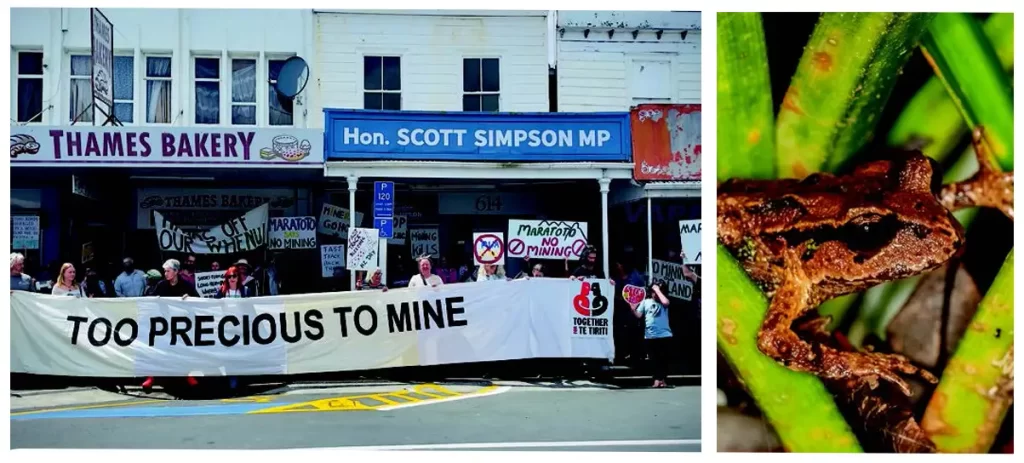
For more information, please visit our website:
👉 www.watchdog.org.nz
Top: Beautiful river in the threatened Pārakīwai forest. Photograph courtesy of Coromandel Watchdog
Second picture: Ōhinemuri river polluted by old Comstock Mine leachate, Aug 2024. Photograph courtesy of Coromandel Watchdog
Above right: Pepeketua (Archey’s Frog) under threat. Photography by Ian Preece
Above left: Protest against gold mining, Thames, Oct 2024. Photography by Gaysorn Thavat
Coromind: Coromandel’s Collaborative Magazine

Help us take Coromind Magazine to new heights by becoming a member. Click here
Change the Weather for Your Business: Advertise with Us.
Advertise your business in the whole Hauraki Coromandel in the coolest Coromandel Art Magazine, from Waihi Beach/Paeroa /Thames up to the Great Barrier Island.
Advertise Smarter, Not Harder: Get in Touch



